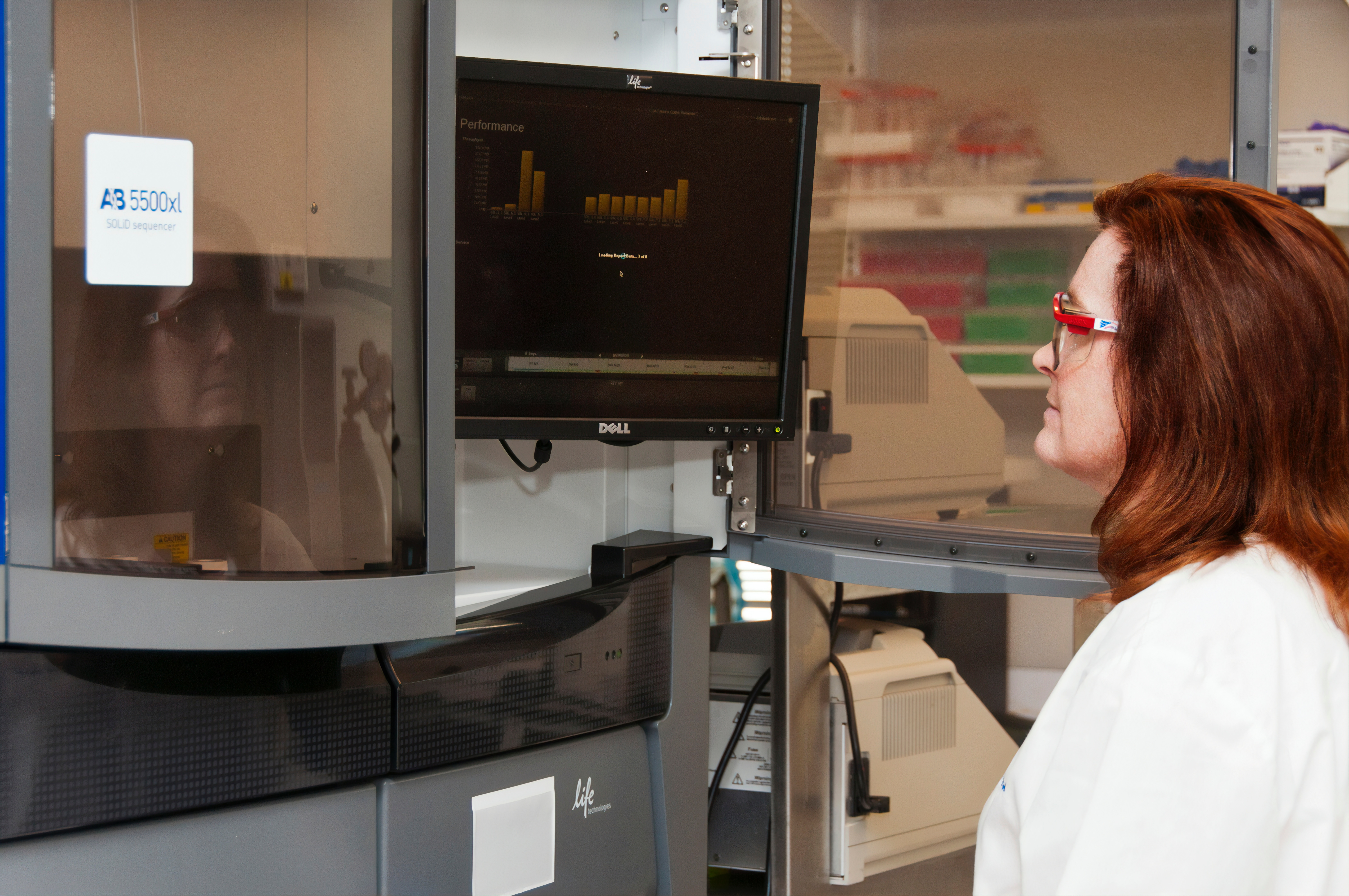
@ShahidNShah


The realm of healthcare, replete with its complexities and the urgency of its mission, demands continuous innovation. In the pursuit of such innovation, alignment with stakeholder expectations becomes paramount. And as healthcare seeks tools to facilitate this alignment, the OKR (Objectives and Key Results) framework emerges as a compelling candidate. Traditionally seen in business strategy, how can OKRs be effectively adapted for healthcare? This article provides an in-depth exploration.
Originating from Intel and popularized by companies like Google, the OKR framework is simple yet powerful. It’s about setting clear objectives (the ‘O’ in OKR) and defining measurable outcomes (the ‘KRs’ or Key Results) to gauge progress towards these objectives. This clarity and measurability make OKRs a potent tool for alignment and focus in any organization.
An analysis of the healthcare ecosystem reveals diverse participants: patients, medical practitioners, regulatory bodies, and investors. Recent data from the World Health Organization suggests that patients’ primary expectation is not just effective treatment but also empathetic care, with 85% of patients rating ‘compassionate care’ as a top priority. Medical professionals, on the other hand, seek not just therapeutic efficacy but also avenues for continual professional development. According to a 2022 survey by the Medical Education Council, 72% of medical practitioners emphasized the need for lifelong learning in their profession. Regulatory bodies, operating on a framework of stringent standards, mandate compliance to ensure patient safety, with over 200 regulations introduced globally in the last year alone. Meanwhile, investors, according to a report by the Global Healthcare Investment Coalition, are increasingly pivoting towards models that demonstrate both patient-centricity and sustainable growth, with a 15% increase in investments in such models in the past year.
In such a multifaceted environment, there is a pressing need for a robust strategic framework. Objectives and Key Results (OKRs) emerge as this solution. Within healthcare, objectives must intrinsically value patient-centric outcomes. An exemplary objective, grounded in empirical evidence, could be “Enhance patient recovery rates,” given that faster recovery rates correlate with reduced hospital readmissions, as found in a 2021 study published in the Journal of Clinical Medicine. Correspondingly, key results should be defined by both quantifiability and temporal specificity. Hence, for the stated objective, appropriate outcomes might include “Decrease average post-operative recovery time in the coming year” or “Reduce patient-reported post-treatment complications in the subsequent quarter,” both resonating with global patient safety standards."
It’s crucial to recognize that healthcare operates as an interdisciplinary field. Thus, OKRs in this sector should foster collaboration across disciplines. For example, a radiologist’s key result might be in sync with that of a nurse to ensure a seamless patient journey. Furthermore, the rapid-paced nature of healthcare mandates continuous feedback loops. Unlike in typical business environments where OKRs may be assessed quarterly, the immediacy of healthcare outcomes requires more regular reviews. Implementing monthly or even weekly check-ins can facilitate prompt adjustments and ensure the best patient care.
Incorporating OKRs in healthcare innovation brings several advantages. Firstly, they ensure transparency and alignment. Clear OKRs make certain that everyone, from surgeons to administrative assistants, comprehends the overarching goals and their specific role in achieving these objectives. Secondly, the regular review mechanism inherent to OKRs imbues healthcare institutions with agility. This allows them to swiftly adjust in response to new discoveries, regulatory alterations, or evolving patient requirements. Lastly, the transparency of objectives and key results promotes active stakeholder engagement. As all involved parties, including the patients, can provide feedback, it ensures the institution consistently fine-tunes its direction to meet stakeholder expectations."
Consider a healthcare start-up focused on telemedicine, a burgeoning field in healthcare innovation. Their primary objective might be “Broaden patient access to specialist care through telemedicine.” KRs could include metrics like “Onboard 50 specialists from diverse fields onto the platform in 6 months” or “Achieve a 95% patient satisfaction rate for teleconsultations within the year.”
As the start-up progresses, they could review their KRs, assess the feedback from both patients and on boarded specialists, and refine their approach, ensuring their service remains top-notch and aligned with all stakeholder expectations.
While OKRs offer numerous advantages, their implementation in healthcare is not without challenges. The sensitive nature of health data, the urgency of patient care, and the myriad regulations can sometimes make the OKR framework seem rigid. Customization and flexibility, while adhering to the core tenets of OKRs, are crucial.
As healthcare innovation continues its relentless march forward, tools like OKRs will be instrumental in ensuring that this progress aligns with stakeholder expectations. The confluence of clear objectives, measurable results, and consistent feedback loops holds the promise of a healthcare future that’s not just innovative but also deeply attuned to the needs and hopes of its stakeholders.
In wrapping up, the OKR framework, while traditionally a business tool, offers vast potential for healthcare. Its structured yet flexible approach can bridge the sometimes divergent expectations of stakeholders, ensuring that healthcare innovations are not just groundbreaking but also holistic, compassionate, and patient-centric.
In the ever-adapting realm of healthcare, a new wave is gaining momentum: the integration of Ambient Intelligence (AmI) to foster patient-centric environments. While we’ve seen the synergy of …
Connecting innovation decision makers to authoritative information, institutions, people and insights.
Medigy accurately delivers healthcare and technology information, news and insight from around the world.
Medigy surfaces the world's best crowdsourced health tech offerings with social interactions and peer reviews.
© 2025 Netspective Foundation, Inc. All Rights Reserved.
Built on Apr 25, 2025 at 12:44pm